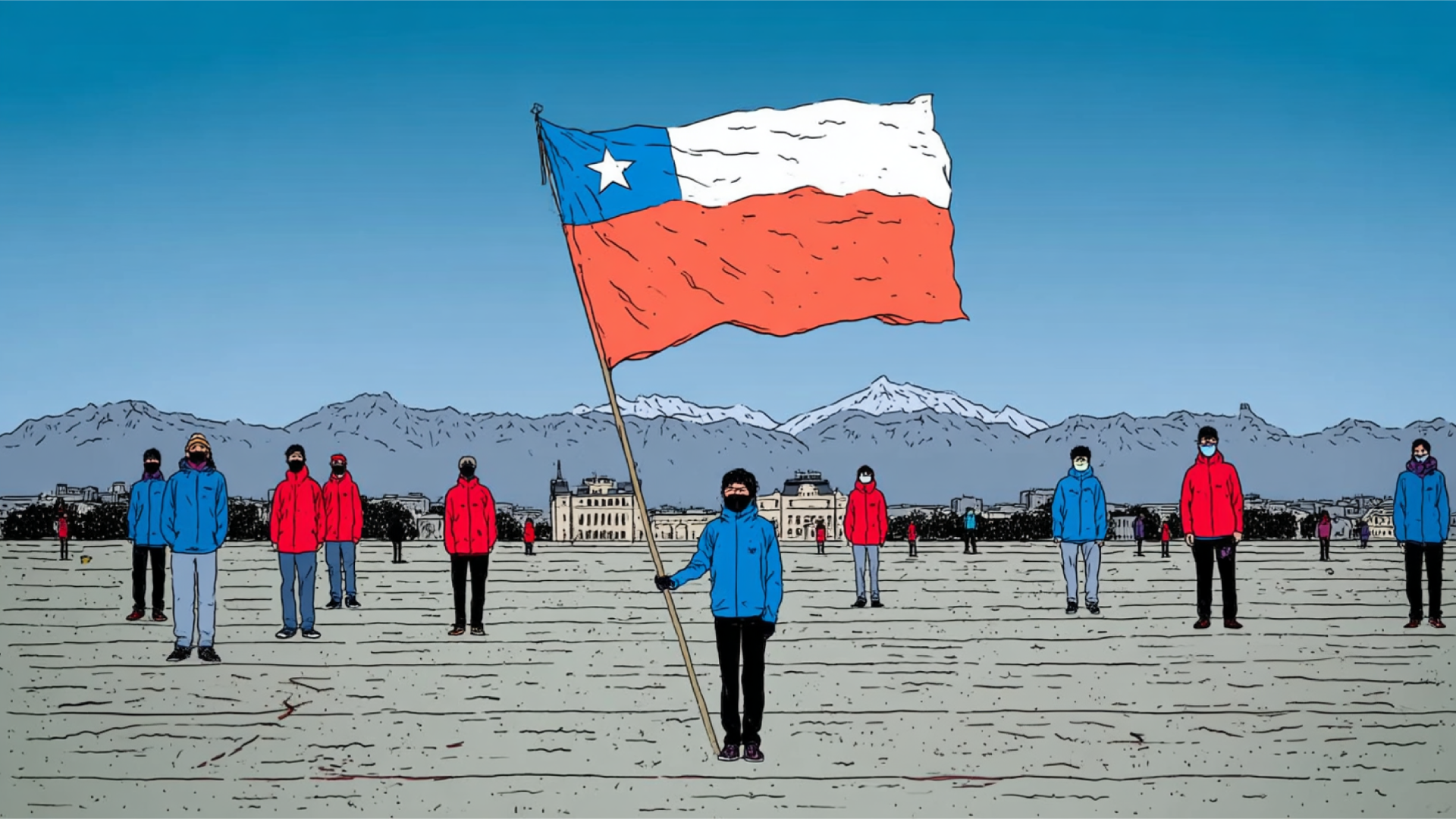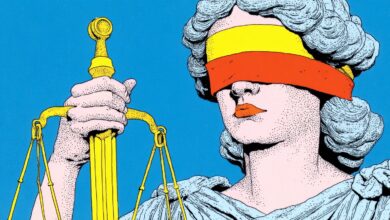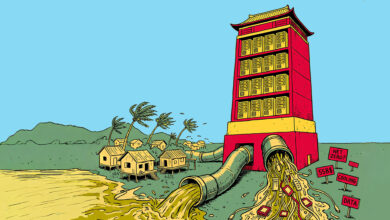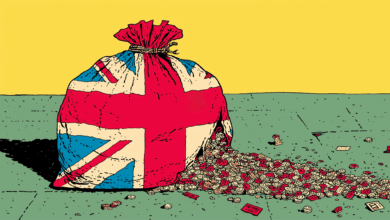A Race for Best ‘Second’ Place: Chile’s Presidential Election

Communist candidate Jeanette Jara is currently leading in all polls for Chile’s upcoming Presidential election. Scheduled for November 16, 2025, Jara, former labor minister and candidate for President Gabriel Boric’s coalition, looks likely to win, having secured about 30% of the national vote.
Based on a campaign that has distanced itself from the country’s most extreme left, including revisionist positions and support for regional dictatorships (such as Venezuela and Cuba), or even world powers such as China, Jara’s position may be surprising.
Chile’s political climate is one that has always been wary of the Communist Party, which has for decades struggled to gather the general vote. This is despite being widely popular among younger generations, and some exceptional wins over municipalities like Santiago, with Irací Hassler, or Recoleta, with Daniel Jadue, who actually lost against President Boric in the last election. The country preferred a 34-year-old progressive candidate over a traditional communist one.
Yet, despite international media coverage of Jara’s leading position as part of a leftist surge, the candidate is unlikely to break 40% in a second round. The coalition that has emerged behind her is the result of a calculated, almost defensive move by Chile’s left to salvage unity after a period of disarray.
Even so, far from turning red, Chile appears more likely to swing right. Three conservative contenders are each vying for dominance, and one of them will almost certainly capture the presidency in a runoff and secure the remaining 60% of national support: José Antonio Kast, conservative and traditional right-wing establishment; Evelyn Matthei, who has taken a mostly centrist, and therefore less incendiary, position; and Johannes Kaiser, a parliamentary member who represents a national and libertarian right.
In a vacuum of leadership and alternatives, Jara seems to have been the unifying compromise. In other words, she is the left’s survival candidate. Even if she wins the first round, she would inherit a fractured electorate and a skeptical middle class wary of the Boric administration’s stumbles, especially its failure to deliver constitutional reform and growing unease over crime and migration.
The truth is, Boric’s government has left many disappointed and frustrated due to a series of incidents that seem to reflect a pattern of inexperience and a lack of capacity to face the country’s needs, rather than the implementation of an agenda. For example, in recent months, a “calculation error” led to all households paying a significantly higher electricity bill than they should have, affecting everything from production chains to inflation statistics.
The government’s migration policies have also been widely criticized due to the expansion of international criminal organizations. As a result, some previously “invisible” forms of crime have become visible, such as assassinations of political opponents overseas, as was the case with Ronald Ojeda. As such, even long-term left-wing supporters are doubting whether to endorse the communist candidate in November.
The real power in Chilean politics now lies with whoever faces Jara in December’s second round. The opposition is fragmented into seven candidates, most of whom do not break the 5% ceiling. Polling consistently shows that the country is seeking security, economic growth, and migration control—an agenda that differs from the left’s progressive policies, which tantalizingly promise greater equality and cultural change.
But in this scenario, while Jara leads now, she loses in nearly every hypothetical matchup.
The second-place strongest candidate is José Antonio Kast, leader of the Republican Party, who represents the hard-right establishment. His message is based on law, order, and border control, and resonates with voters anxious about crime and migration. Kast is conservative to the core, but not an outsider.
Then comes Evelyn Matthei, the traditional center-right mayor of Providencia and a former presidential contender, has reclaimed moderate and centrist voters who fear the polarizing tone of Kast’s base. Matthei’s strength is her pragmatism and her ability to draw reluctant centrists and even parts of the center-left.
Johannes Kaiser meanwhile, a libertarian congressman and firebrand YouTuber, has surged recently as the “anti-establishment right.” His rise mirrors the populist dynamics seen across Latin America, channeling frustration with traditional elites. He has gained traction among the provinces outside of Santiago, which feel underrepresented by the leading candidates.
A second-round victory for Kast would signal a decisive conservative restoration. A Matthei win would mark a technocratic center-right correction. A Kaiser surprise would represent something more radical: an anti-system wave that could shake Chile’s institutions. But in all three cases, the direction is the same—rightward.
However, Kaiser is the weaker of the two contenders in a second-round matchup against Jara. Due to his controversial views, he might give the communist candidate a wider proportional support, where she might win not 40% against 60%, but something more like 45% against 55%, indicating a polarized vision of the country. In any case, this fragmented right will likely govern together, but this will depend on the parliamentary results and the percentages each candidate wins.
If Congress leans decisively to the right, any of the alternatives will have the power to legislate on issues that would have been unthinkable four years ago, especially regarding values and societal change.
Chile’s 2025 election forecast tells a story of a nation that is evolving rapidly and reacting to its recent events. Analysts should resist the temptation to read the election through the old Cold War lens of “left versus right.” The real divide today is between establishment fatigue and political innovation. If you go to any farmers’ market or souvenir shop outside the city and actually talk to the people, they will convey one thing: exhaustion and a loss of hope.
The country is clearly fatigued by the continuous crises and political experiments of the last five years, from constitutional processes to the pandemic, and from migration to uncertainty. This election might reflect the need for stability or a punishment for an establishment that has failed to deliver.
The post A Race for Best ‘Second’ Place: Chile’s Presidential Election was first published by the Foundation for Economic Education, and is republished here with permission. Please support their efforts.



